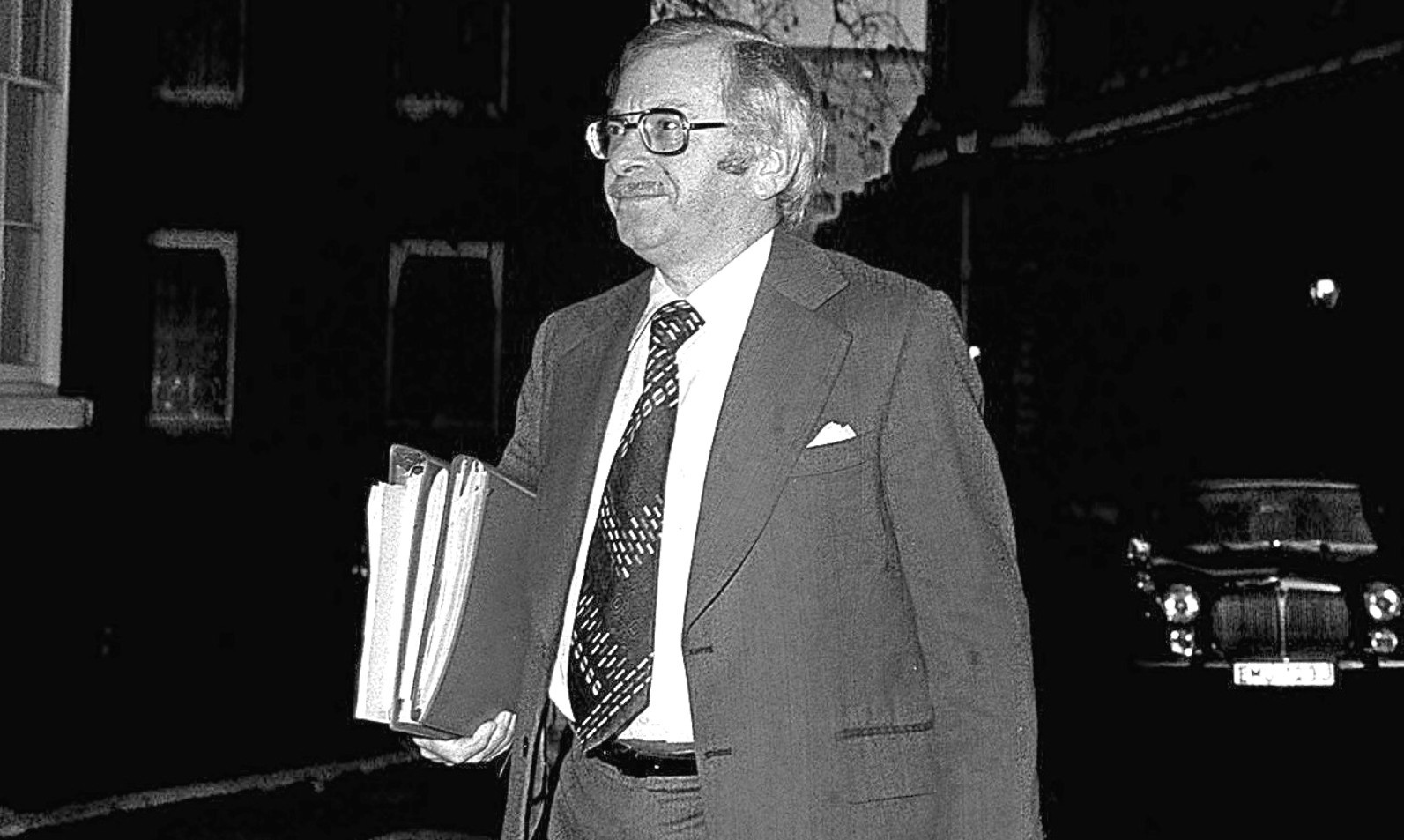Sir, – Yet again, Ken Clark (January 12) tries to prove that Broughty Ferry is in a different part of the universe from that in which the rest of us live.
His conspiracy theories and unfortunate references to Goebbels and Nazi propaganda in matters associated with his extreme dislike of the UK and the Conservative Party overlook the habits of the SNP to gag any public utterances by its elected politicians that are in any way non- compliant with party ideology and policy.
It is also fact that because of Scotland’s long-standing suspicion of commercial meritocracy, driven by an inward looking socialist philosophy focused upon redistribution of earned or inherited wealth, the Barnett Formula provides a useful pot of money that is totally devolved to Holyrood to spend as it sees fit.
If the SNP chooses to spend the pot unwisely on things such as the named person scheme, free prescriptions for all and baby boxes for all infants, then it is hardly surprising that people such as Patrick Harvie are slowly waking up to the reality of being governed so incompetently by a party that cannot convince the more thoughtful among us that it has any clear idea of where it is going or how it will get there. To try to paint fellow correspondent Martin Redfern as some sort of closet English agitator says more about Mr Clark than it does about Mr Redfern.
Derek Farmer.
Knightsward Farm,
Anstruther.
Large slice of national cake
Sir, – Once again Ken Clark rises to the surface to eviscerate all who challenge his idea of a tartan Valhalla.
To compare anyone to the Nazi Joseph Goebbels is particularly vile, especially to those of us who lived through those terrible times.
The Barnett Formula does indeed state that the Scots receive a larger share of the national pie than any other British region per head of population.
That is a fact, whatever angle Mr Clark cares to spin.
Then hypocrisy raises its ugly head with the statement “independence debate centres on good government”.Where has that been hiding then?
I seem to recall in previous correspondence that Mr Clark claimed he was no nationalist zealot but was indeed part English.
So as a part English Scotsman or indeed a part Scottish Englishman, perhaps he may be in a good position to inform us what privileges an English person enjoys that the Scots are denied.
Jas Davie.
33 Aberdour Place,
Barnhill,
Dundee.
Celebrate the good things
Sir, – You couldn’t have printed two more contrasting letters (January 12) on the Scottish Government’s scheme to introduce baby boxes.
Derek Farmer of Anstruther accused the SNP of introducing a cynical ploy, and as usual with his letters, went into overdrive with no point to his letter other than criticism of the Scottish Government.
His tone fits well with the party he supports.
To claim that this scheme likened Scotland to a Third World country is totally absurd.
It is little wonder Theresa May referred to her party as the nasty party.
On the other hand, there was an excellent letter from Margaret Gibb of Anstruther in which she related her personal experiences on how a cot death affects the family.
She made the case in support of baby boxes without bringing in politics and point scoring.
I could not put it any better than Margaret Gibb did.
It is time we celebrated the good things that are happening in our country.
George Douglas.
Scotscraig Place,
Kirkcaldy.
Profligacy with English money
Sir, – Northern Ireland’s toxic version of the Renewable Heat Incentive, now collapsing in a storm of political controversy, was modelled on the RHI applying elsewhere in the UK.
It was introduced in 2012 to encourage the uptake of renewable sources of heat, (for example, biomass boilers) but poor ministerial control allowed excessive costs reckoned to be £500 million.
Overly generous and extended levels of support led to exceptionally high uptake and wasteful use of energy since the more one used, the greater the subsidy – a true moral hazard.
But Northern Ireland’s explosion of anger resulted from political manoeuvring – the silence in the rest of the UK relies on a cross-party consensus that green energy is beyond criticism.
In fact, Westminster has allowed excessive planning consents for renewable generators with a potential for subsidy overspending running into billions per year for decades.
Holyrood has been even more profligate because the renewable generators it allows are not paid from its own budget but by all UK electricity consumers, the vast majority of whom are English.
Dr John Cameron.
10 Howard Place,
St Andrews.
Who will pay off deficit?
Sir, – Scottish Government finance secretary Derek MacKay’s responses to the Holyrood finance committee questions on his plans for the period 2017 to 2018 reveal much about the SNP’s tactics on the nation’s finances.
When it comes to new powers for Scotland, the SNP plans to make full use of borrowing powers, yet it will make practically no use of new tax-raising powers.
Meanwhile, the SNP will happily prioritise spending that helps to bolster the SNP Government’s popularity, particularly through giving things free to people who can well afford to pay for them.
Yet as our local authorities have made clear for quite some time, cuts to funding of our councils will continue the squeeze on spending for critical local services, many of which serve some of the most disadvantaged people in our society.
The SNP Government can borrow money and spend it to suit itself, safe in the knowledge that the rest of the United Kingdom will fill the fiscal funding gap, currently running to the tune of £9 billion.
Yet First Minister Nicola Sturgeon keeps forgetting to mention who will pick up the tab on these missing billions if she gets her way in trying to break away from the UK over Brexit.
One thing is for sure, it will not be the European Union.
Keith Howell.
White Moss,
West Linton.
